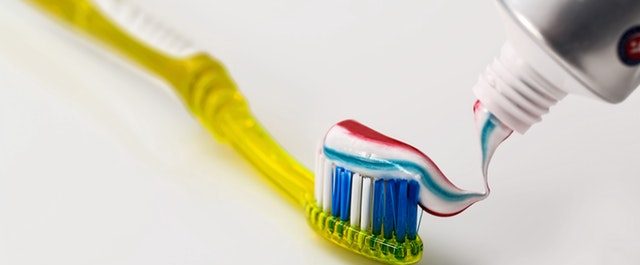What is Preventative Dentistry (and what are the benefits)?
Most of us have grown up being told to brush our teeth and go to the dentist, without really considering the life long effects that these habits can have. Taking preventative steps to keep your teeth healthy, clean and white is the best way to take care of your oral health. But what exactly does preventative dentistry involve?
Methods of Preventative Dentistry
Brush and floss your teeth
This is probably the most important step in preventative dentistry. Brushing and flossing after each meal is the best practice, but this is often not realistic for most people. Alternatively, brush as often as is realistic for you, especially in the morning and before bed. Brushing regularly helps to remove plaque and surface bacteria, and helps stimulate the gums to keep them healthy and help prevent gum disease. Flossing should be done daily, and helps to remove plaque from between teeth before it hardens and begins to harm your teeth.
Visit your dentist
Plan to visit your dentist at least once a year for an exam and cleaning. Your dentist will be able to keep on top of any problems before they start, and guide you on how to practice preventative dentistry at home. If you are at high risk for problems, your dentist might recommend visiting more often, but often every six months to once a year is enough.
Kids should see a dentist every 6 months to make sure their growth and development is on track, and to catch any issues early on. Kids especially can be susceptible to cavities, so it’s best to keep on top of these as much as possible.
Eat a healthy and well-balanced diet
A healthy diet will provide your teeth with the vitamins and nutrients they need to stay strong, which will help protect them. Sugar is one of the most harmful things for your teeth because it feeds the bacteria that is responsible for producing plaque, so limiting your consumption will benefit your teeth significantly. Consuming adequate amounts of water is also important for preventative dentistry.
Don’t smoke or excessively drink
Activities like smoking, drinking and chewing tobacco will work against all the hard work you’ve put into keeping your teeth and mouth healthy. Regular use of any of these can contribute to plaque buildup and tooth staining, as well as lead to tooth loss, gum disease and even cancer.
The benefits of preventive dentistry
There are many benefits to staying on top of your preventative dentistry practices. Daily teeth brushing, visiting the dentist regularly and eating well can help to reduce the likelihood getting cavities, periodontal disease, gingivitis and many other oral health issues.
Preventative dentistry can also help combat the risk of secondary issues like diabetes, osteoporosis, heart disease and even cancer. While these may be indirect results of poor oral care, studies have shown some correlation between the two so it’s good practice to stay on top of keeping your teeth clean and healthy.
Not only does preventative dentistry benefit your health, but it can also offer some financial benefits. You may not be excited to pay for regular dentist visits, but doing so can help keep your teeth in top shape so you can avoid expensive emergency treatments down the line.
Great oral care starts at home
Visiting your dentist for regular cleanings and check ups is an important part of preventative dentistry, but the real effects of great oral care start at home. Take care of your teeth now, so you don’t face issues later in life! A few simple daily practices can make all the difference in maintained good oral health, not to mention the secondary benefits like lower risk for other related diseases later in life. And don’t forget to schedule your yearly cleaning with your family dentist!


